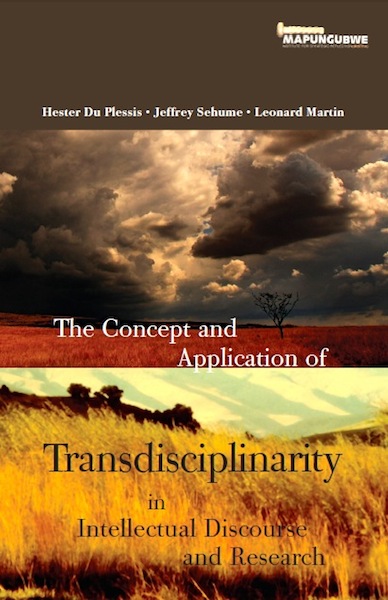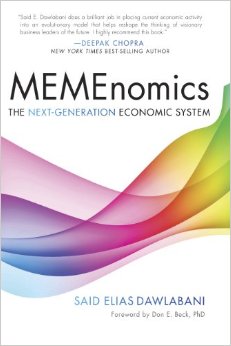Russ Volckmann
The following is the current list of resource material for the advanced PhD seminar in integral leadership that I am teaching at Saybrook University (online discussion/presentations) beginning the first week of February 2014, This list is growing and does not inlcude, for example, material from the last year of Integral Leadership Review.
If you would like to suggest additions to this list, email them to me: russ@integralleadershipreview.com
I will post sets of …

 In March 2011, the Mapungubwe Institute for Strategic Reflection (MISTRA) was launched in South Africa, www.mistra.org.za It is an independent research institute (a think tank) that takes a long-term view on the strategic challenges facing South Africa. In case you were wondering, Mapungubwe was a pre-colonial, ancient
In March 2011, the Mapungubwe Institute for Strategic Reflection (MISTRA) was launched in South Africa, www.mistra.org.za It is an independent research institute (a think tank) that takes a long-term view on the strategic challenges facing South Africa. In case you were wondering, Mapungubwe was a pre-colonial, ancient  Said E. Dawlabani. MEMEnomics: The Next Generation Economic System. New York: Select Books, 2013.
Said E. Dawlabani. MEMEnomics: The Next Generation Economic System. New York: Select Books, 2013.